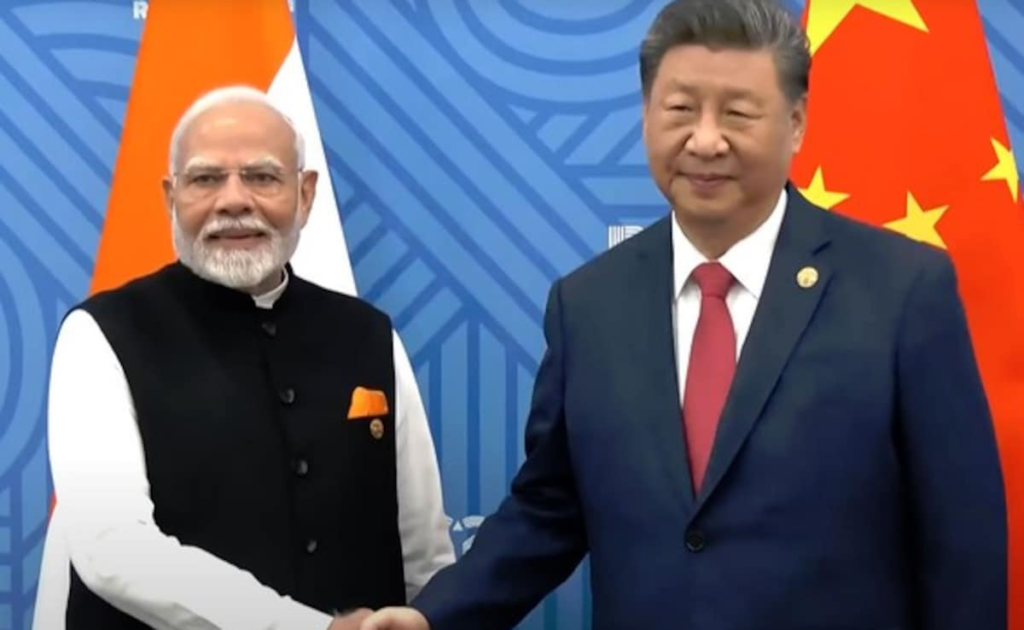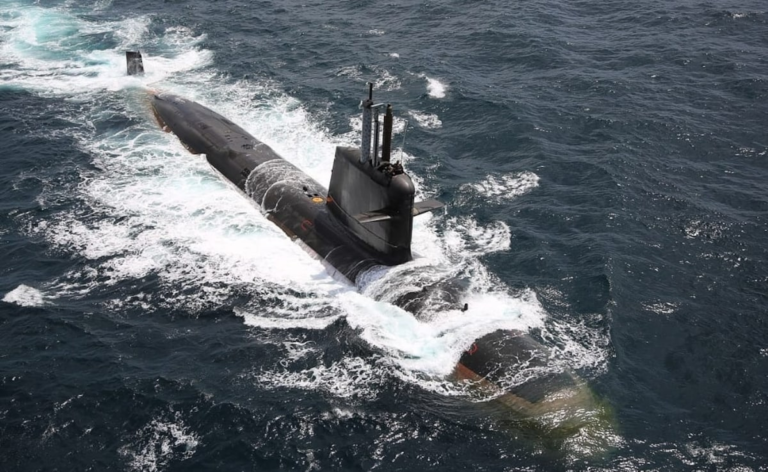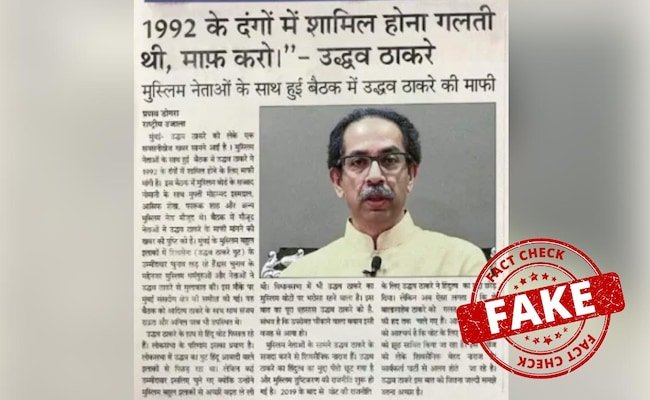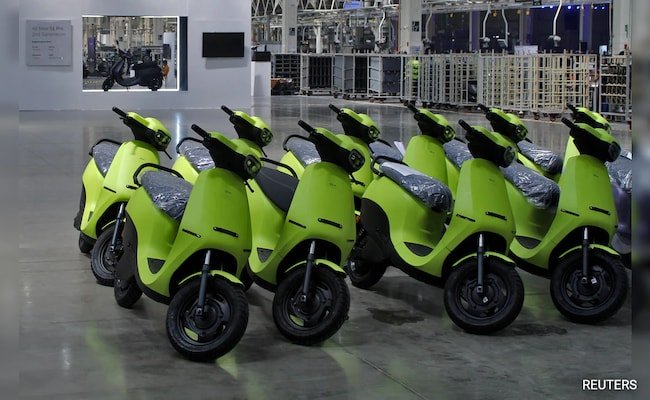
New Delhi:
Prime Minister Narendra Modi and China’s Xi Jinping have welcomed the patrolling agreement announced this week that calls for “complete (military) disengagement” along the Line of Actual Control in the Himalayas, as well as “resolution of issues that arose in 2020 in the India-China border areas”.
The phrase “complete disengagement” indicates the two militaries will withdraw to pre-May 2020 positions, i.e., before skirmishes, including violent clashes in Ladakh’s Galwan, in which 20 Indian soldiers were killed, triggered by the May 5 face-off in the Pangong Lake region.
The withdrawal to pre-May 2020 positions was also flagged by Foreign Minister S Jaishankar, who told the NDTV the patrolling agreement “creates a basis for peace and tranquillity along the border, which (was) there before 2020”. He said the agreement was due to “patient and persevering diplomacy”.
READ | “Back To 2020…”: S Jaishankar To NDTV On India, China Pact
Meanwhile, in another significant step forward, Special Representatives of both sides – India’s National Security Advisor Ajit Doval and China’s Foreign Minister, Wang Yi – could meet soon “to explore a fair, reasonable, and mutually acceptable solution to the boundary question”.
Mr Doval and Mr Yi have not met – as Special Representatives – since 2019.
These points were announced in a statement after PM Modi and President Jinping held a first bilateral meet since the May 2020 clashes; they met on the sidelines of the BRICS Summit in Russia’s Kazan.
In the meeting the Prime Minister emphasised to his Chinese counterpart “the importance of properly handling differences and disputes” and not allowing these to disturb relations.
READ | “Peace On Border Should Be Priority,” PM Tells Xi Jinping In Russia
The two leaders also recognised that “stable, predictable, and amicable bilateral relations… between the two largest nations on Earth… will have a positive impact on regional and global peace and prosperity” and also contribute to a multi-polar Asian and global community.
India and China, therefore, underlined the need to progress bilateral relations, enhance strategic communication, and explore cooperation to address developmental challenges.
In statements before the bilateral, Mr Modi told the Chinese leader, “It should be our priority to ensure there is peace and stability along our border”, and stressed the need for “mutual trust, mutual respect”.
Mr Jinping pointed to India and China’s ancient historical connections and present-day statuses as major developing countries and members of the Global South, and said, “It best serves the fundamental interest of our countries and peoples to keep to the trend of history…”
Today’s meet between PM Modi and President Jinping took place less than 72 hours after the patrolling agreement – which followed sustained dialogue at military and diplomatic levels -was announced.
READ | India To Resume Patrolling In Ladakh After Big Breakthrough With China
The agreement was seen as a big step to de-escalation in a region in which both sides have amassed tens of thousands of troops and armaments over the past four years.
NDTV is now available on WhatsApp channels. Click on the link to get all the latest updates from NDTV on your chat.




